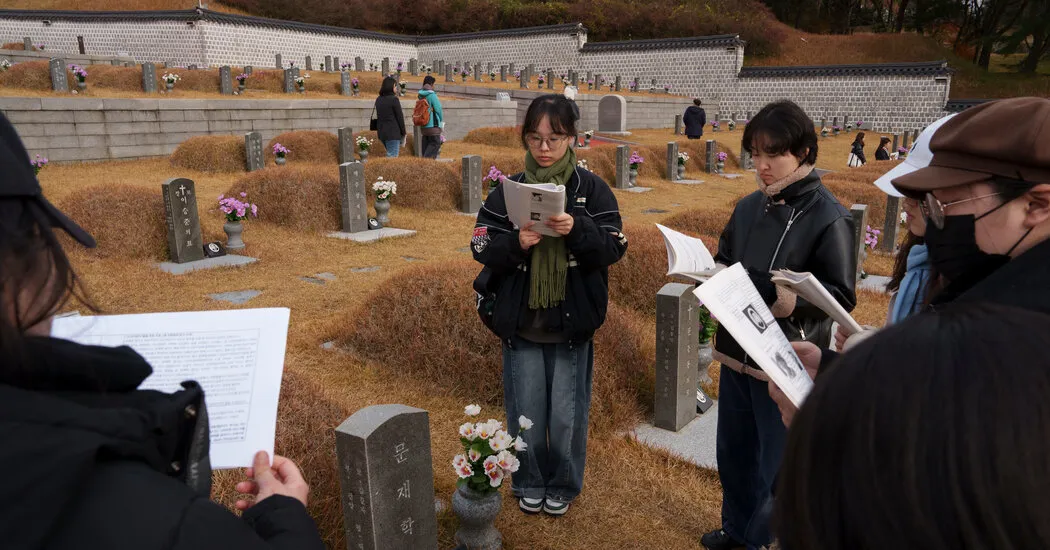Exploring Han Kang's Human Acts and Its Reflection on Gwangju's Martial Law

Han Kang's Human Acts: A Reflection on South Korea's History
South Korea's martial law marked a somber period that deeply affected Gwangju. In her poignant novel, Human Acts, Han Kang recounts the brutal crackdown faced by citizens during this troubled time.
War Crimes and Human Rights
The narrative explores troubling themes of war crimes, genocide, and crimes against humanity, emphasizing the urgent need for acknowledgment and justice. Kang's work serves as an important reminder of the cost of authoritarianism.
- Resilience of the Human Spirit
- Historical Context: Understanding the events leads to reflections on democracy.
- National Memory: Gwangju’s legacy as a symbol of resistance.
The Significance of Human Acts
Han Kang's compelling narrative won her the Nobel Prize, illustrating the power of literature in addressing social issues. The stories in Human Acts act as a testament to remembering the past, advocating for peace, and preventing future atrocities.
Disclaimer: The information provided on this site is for informational purposes only and is not intended as medical advice. We are not responsible for any actions taken based on the content of this site. Always consult a qualified healthcare provider for medical advice, diagnosis, and treatment. We source our news from reputable sources and provide links to the original articles. We do not endorse or assume responsibility for the accuracy of the information contained in external sources.
This article was prepared using information from open sources in accordance with the principles of Ethical Policy. The editorial team is not responsible for absolute accuracy, as it relies on data from the sources referenced.